Unlock Your Hamstrings
Pretty much everybody feels like they have tight hamstrings, or at least have had issues in the past. The hamstrings are also constantly blamed for everything from back pain to butt wink during a squat.
Most athletes we work with who feel like their hamstrings are an issue are constantly stretching. Despite this, they still feel tight most of the time. Most of us have been told at some point that stretching is the key to moving better and improving flexibility. Then why doesn’t it make more of a difference? What gives?
Hamstring stretching is important, but there is more to the picture if you want to truly unlock your hamstrings. Keep reading to learn about a new way to approach hamstring flexibility and health.
Why Stretching Doesn’t Work
Passive stretching can make short term changes and feel good, but if we want to actually improve hamstring flexibility we need to think about this in more of a nuanced way.
If all you are doing is passive stretching, your body and brain have no reason to want to hold onto any new range of motion long term. You might get some short term gains, but they will go away quickly.
We’ve all heard the phrase “if you don’t use it, you lose it.” That applies here too. Making your stretching more active and combining it with strengthening is a signal to your body and brain that you need this range of motion and it is important. Therefore, it is more likely to stick around.
Also, the stronger a muscle is and the more often it moves through a full range of motion, the more likely it is that your body will feel stable and controlled. This means your body is less likely to be over protective of that area and let it relax.
Now, this isn’t magic and using more active techniques won’t make improvements in flexibility stick around forever, but it will help quite a bit.
It is also important to understand WHY you even want to improve hamstring flexibility in the first place.
Hamstring Flexibility For Runners
Hamstring mobility for runners is a common topic because there are a lot of reasons runners feel tight.
This could simply be a protective mechanism due to over striding. If strides are too long, we are heel striking hard and constantly putting excessive stress on the hamstrings at their end range, they might tighten up in a protective way. For now, let’s just assume that this isn’t the case. This is beyond the scope of this article anyway.
So, this runner actually has limited flexibility in their hamstrings. They have been stretching forever and it hasn’t helped because everything they have done so far has been passive. What can they do?
Stretch AND Strengthen for Better Results
Being more active with your stretching and incorporating more strengthening can be pretty simple. Let’s look at some examples of exercises that this hypothetical runner can use to improve hamstring flexibility and strength.
Active hamstring stretch with isometrics (static holds)
This is a classic hamstring stretch combined with some end range muscle work. This is what we mean when we recommend making your stretching more active.
Hamstring Curls on Sliders
This is a great hamstring strengthening exercise that focuses on control while the hamstring is lengthening.
World’s Greatest Stretch plus Downward Dog
This is one of my favorite warm up drills and is included here because it moves the hamstrings through a full range of motion and is a great way to reinforce gains in flexibility.
Work Hamstring Mobility Into Your Training
Sticking with the example of the runner, these exercises could be easily incorporated into a pre and post run routine. For example:
Run through 1-2 sets of all of the above exercises before your run
Do another set of World’s Greatest Stretch and the active hamstring stretch after your run
That whole routine would take 5-10 minutes and would go a long way to helping you feel better, move better and run better.
The same concepts would apply to anybody who feels like they have tight hamstrings. This is a great example of a situation where small tweaks make a big difference.
We specialize in helping runners rehab injuries, run better and reach their goals. Check out our services for runners HERE
You can also join our free running club HERE
We do regular group runs, classes and workshops. Invite your friends!
